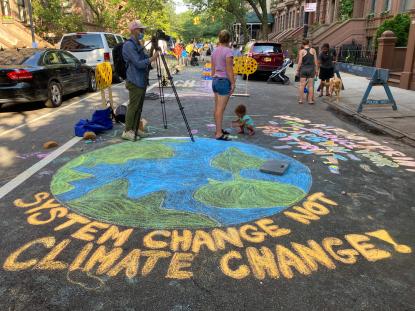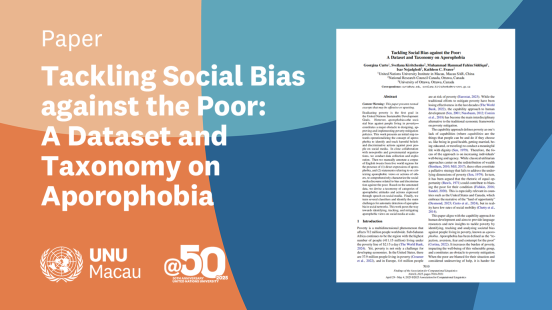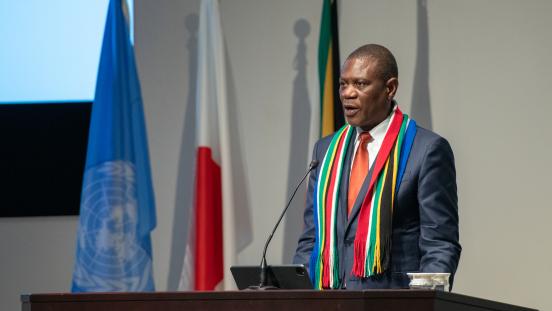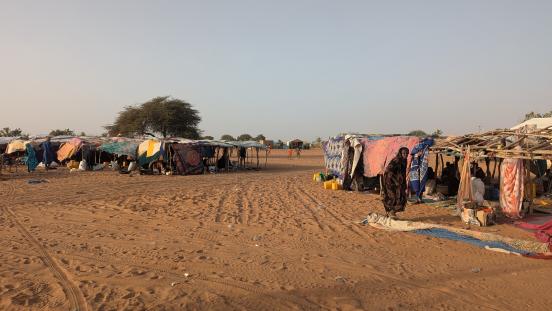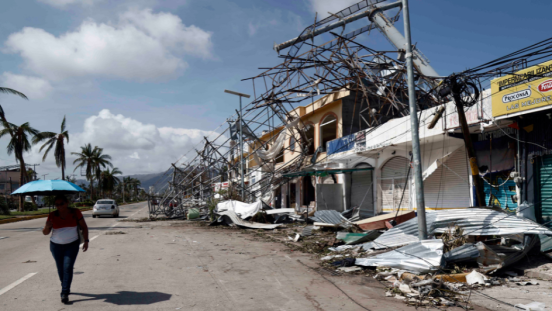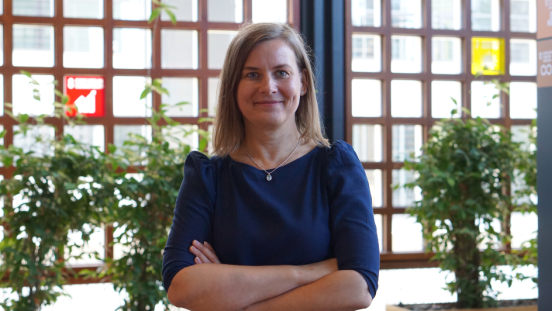Despite significant progress in reducing extreme poverty since 2000, more than 700 million people continue to live on less than US$1.90 a day. But ending global poverty by 2030 will require more than closing an income gap — it will rely on institutions and opportunities that promote equality, including access to resources, gender, employment, housing, and health.
UNU research helps to overcome obstacles to sustained poverty reduction. Our work on migration examines the socio-economic drivers and consequences for households on the move to find solutions to poverty, at both ends of the migration path. Our economic toolbox uses sustainable benefit models to guide developing countries as they create social protection systems based on domestic tax revenues. These unique tributaries of UNU research ensure a comprehensive mainstream approach to ending poverty.
Degree Defense
PhD Defence: Trapped in Poverty: Persistent Poverty in the Context of Global Crises

UNU Council Member
Prof. Francisco H.G. Ferreira
Press Release
New UN Report Warns of Global Social Crisis Driven by Insecurity, Inequality and Distrust

Seminar
Migration Seminar Series: Trust Beyond Borders: The Role of Non-State Actors in Shaping Immigration Preferences

Staff



